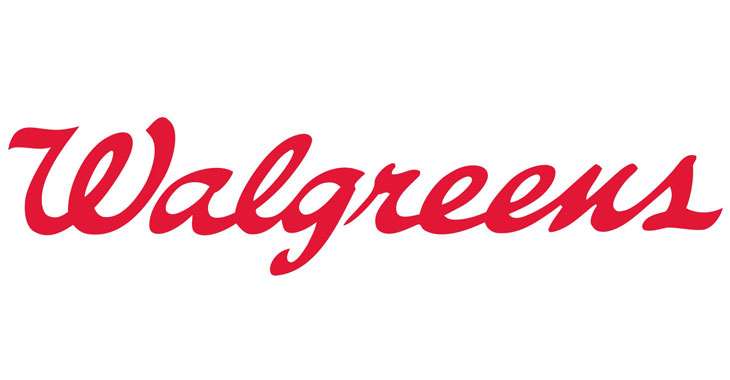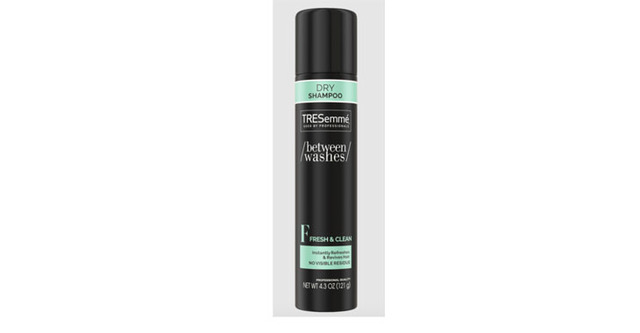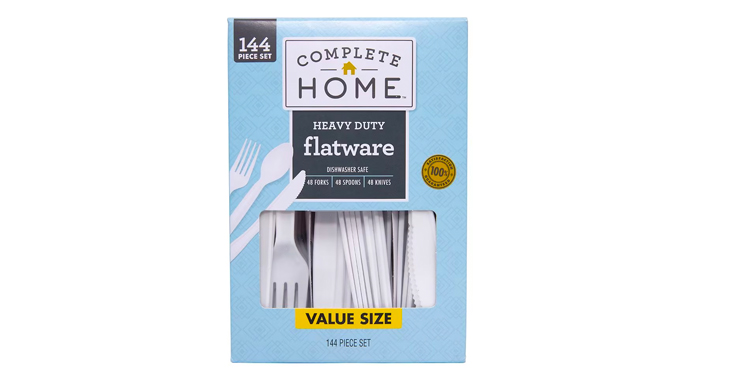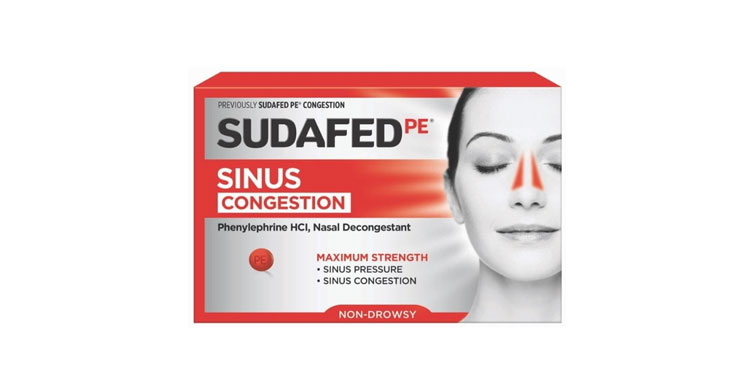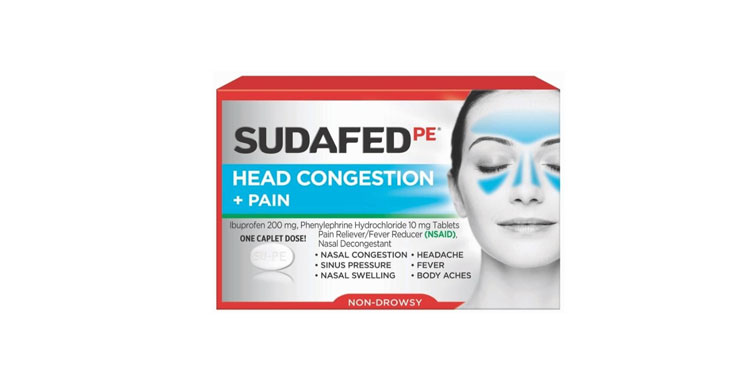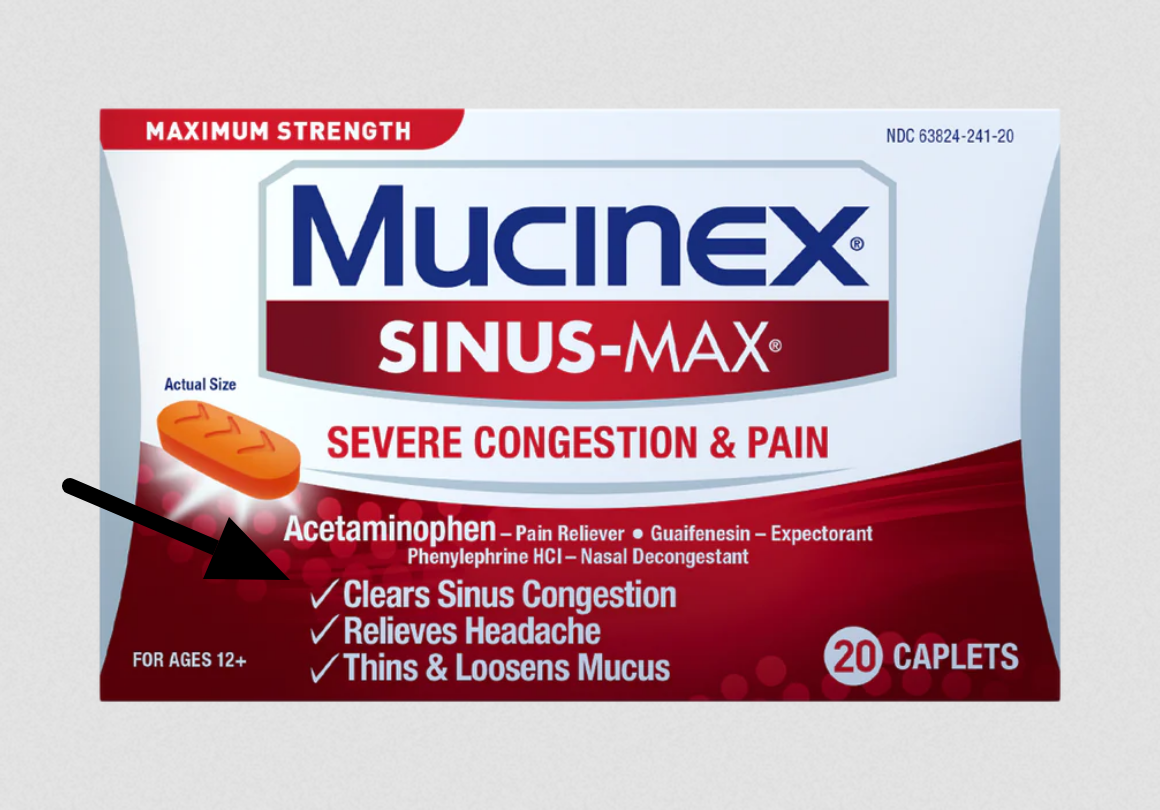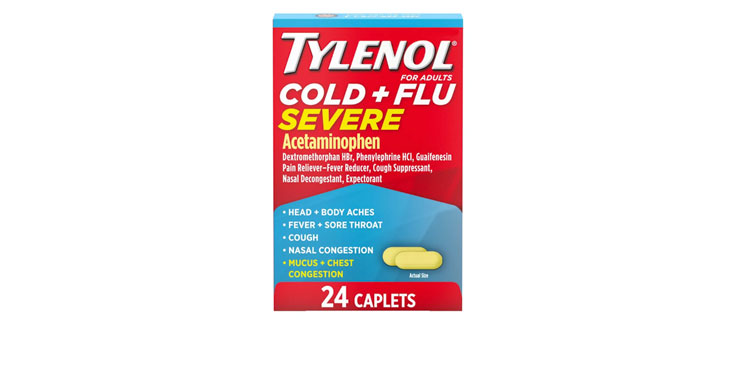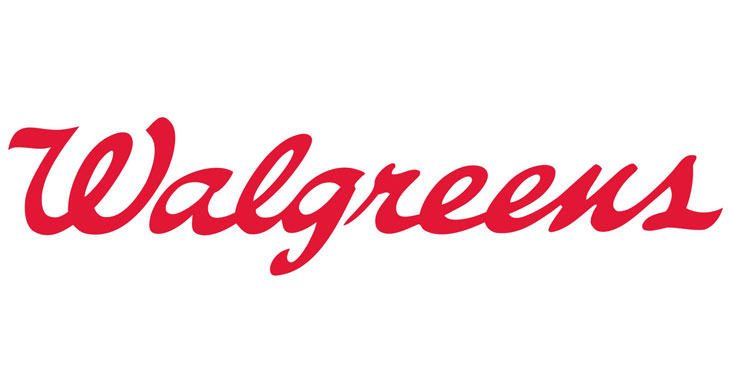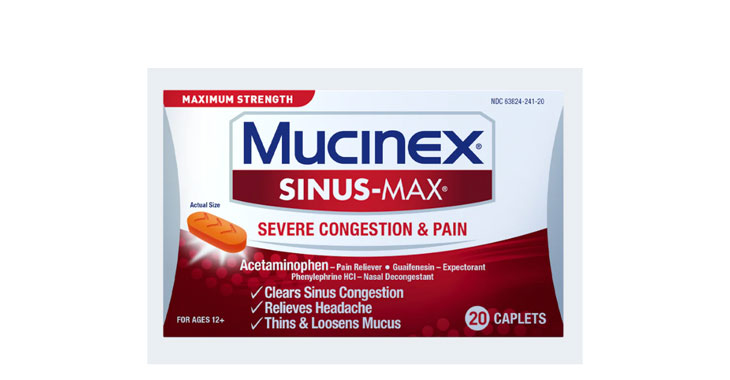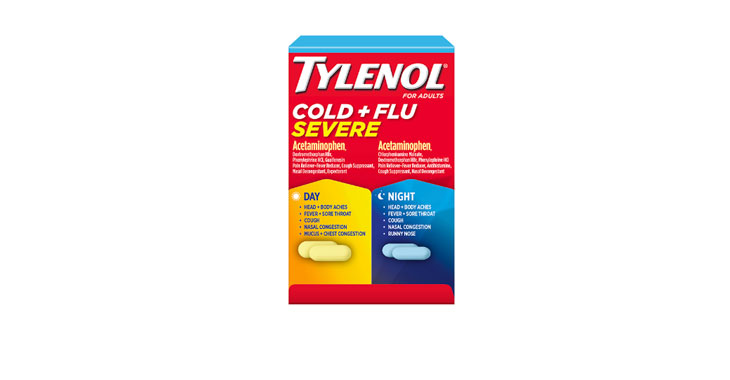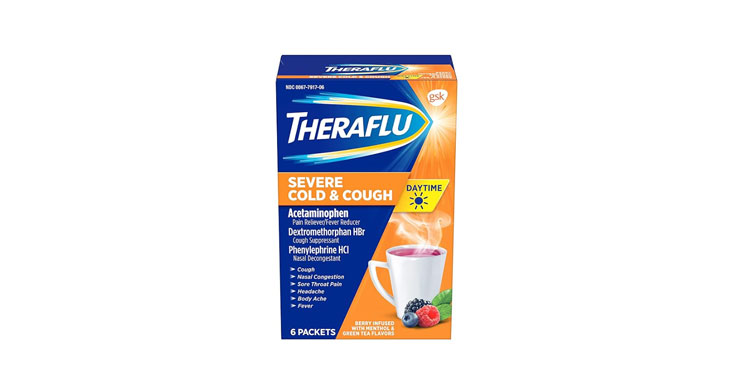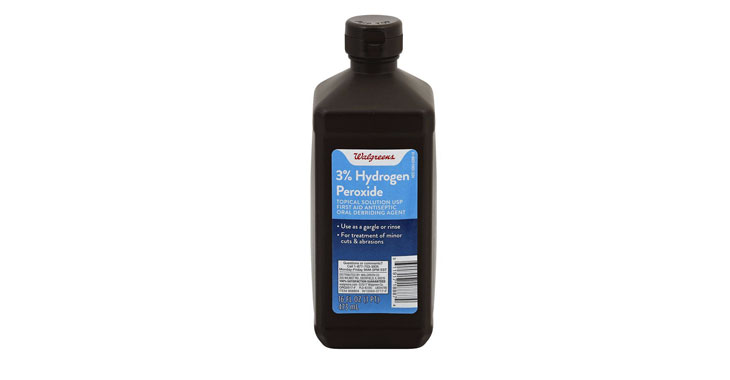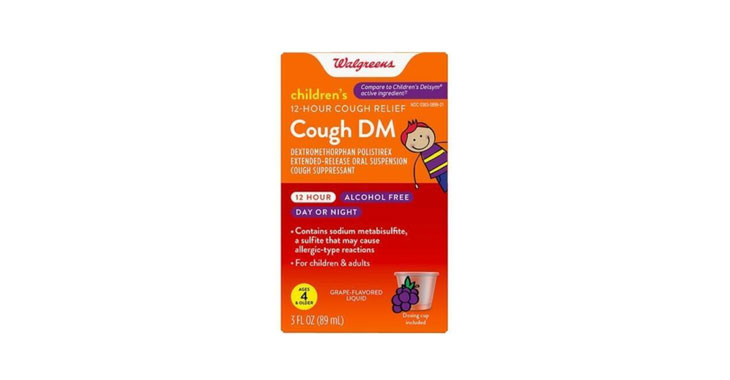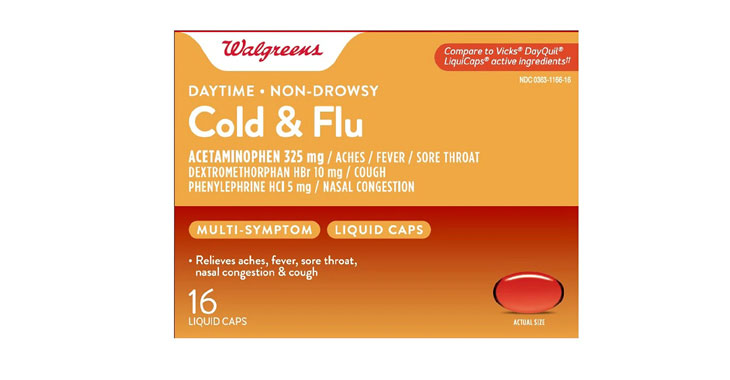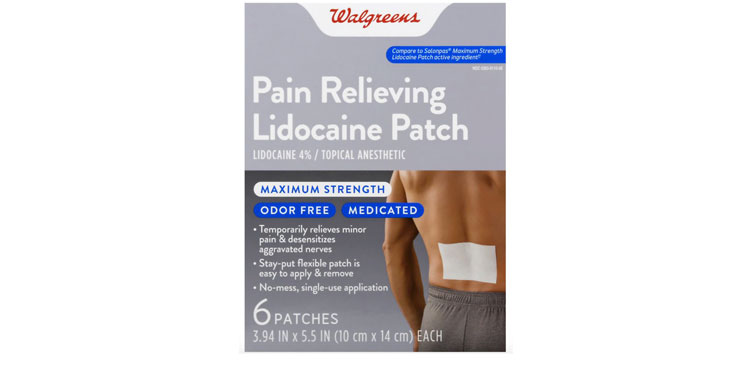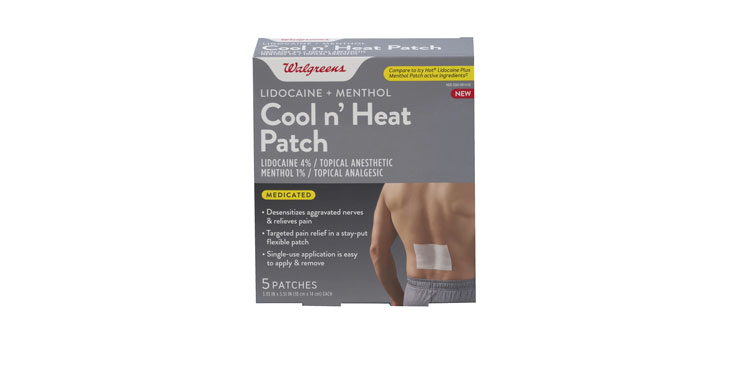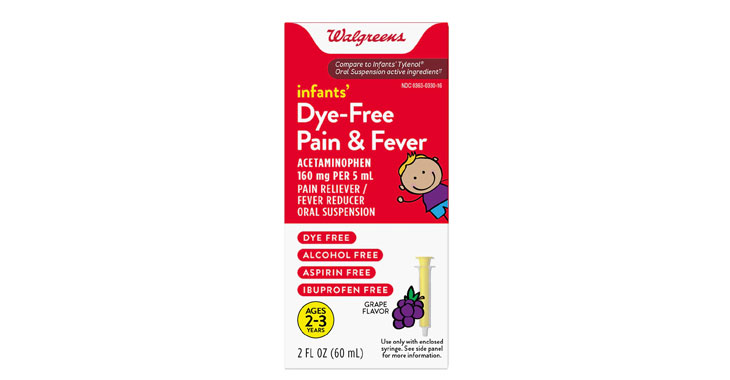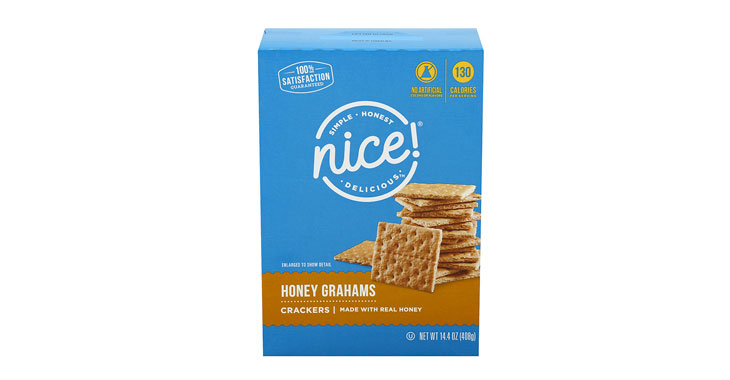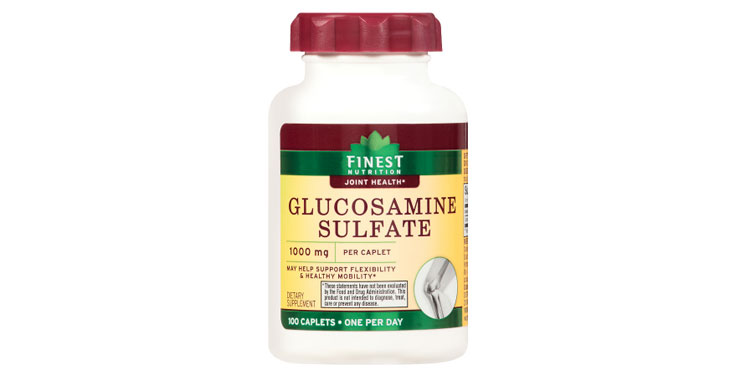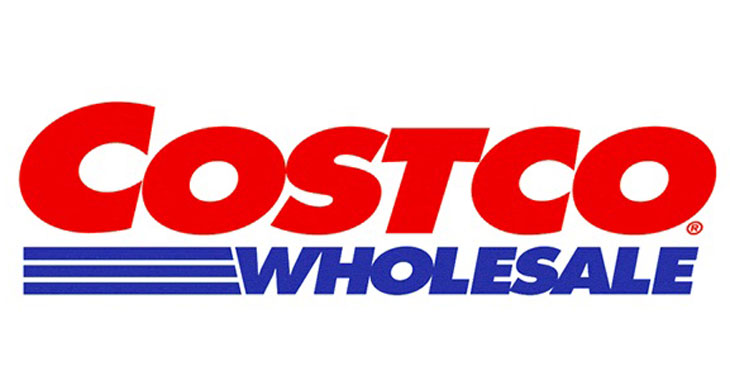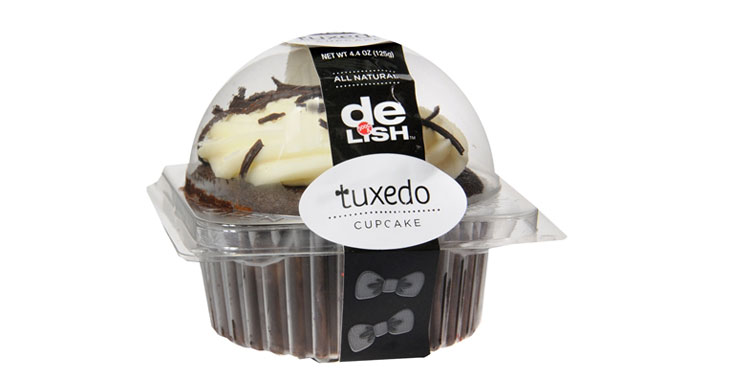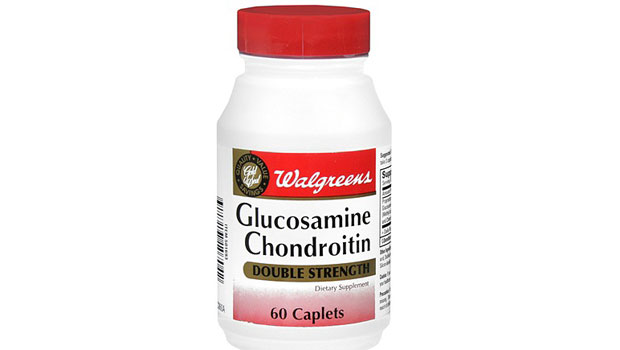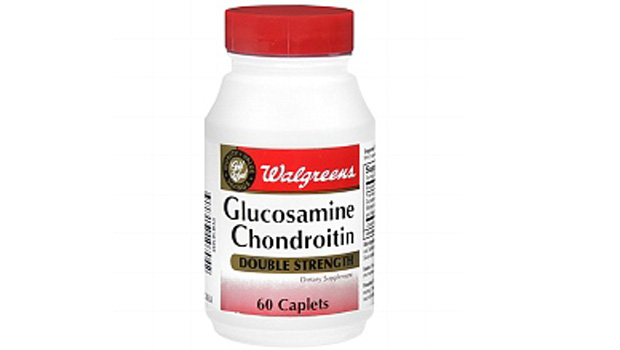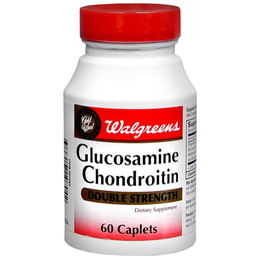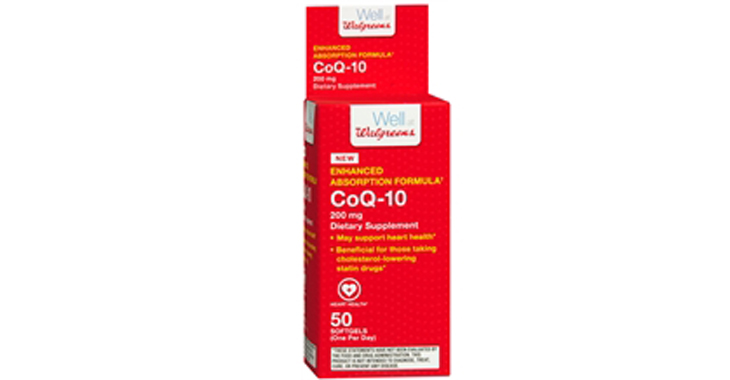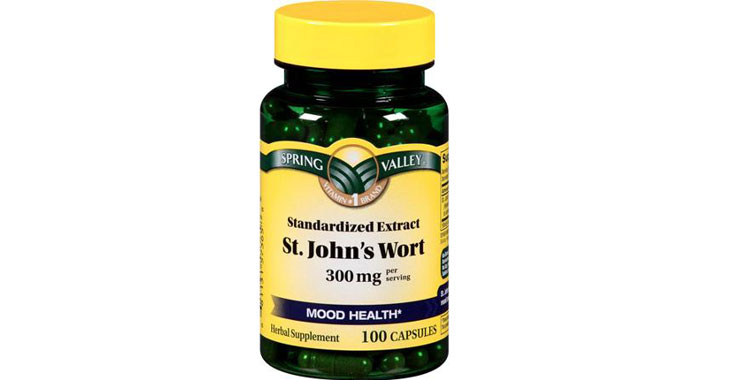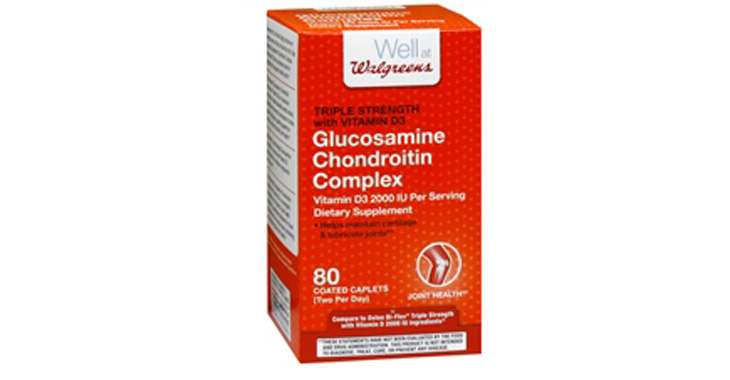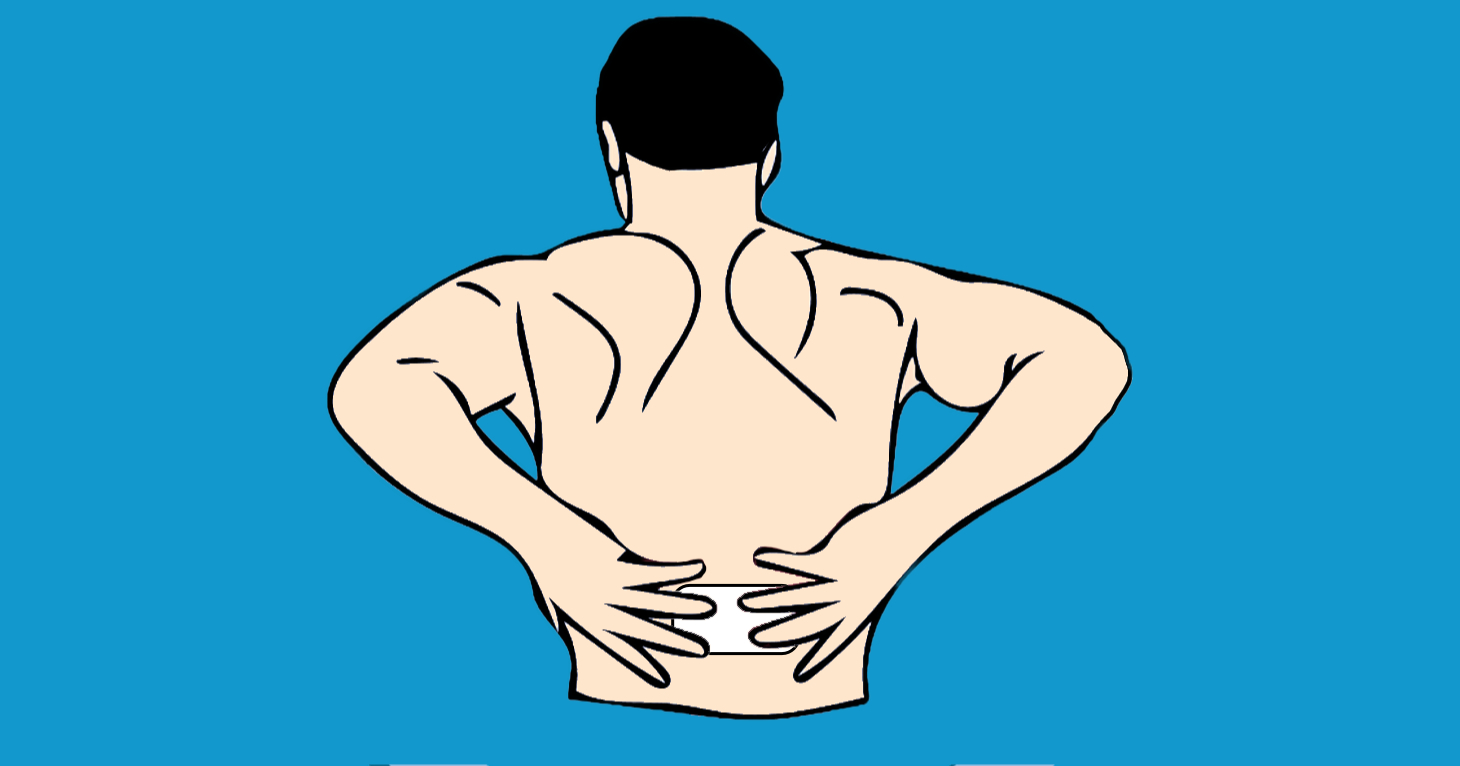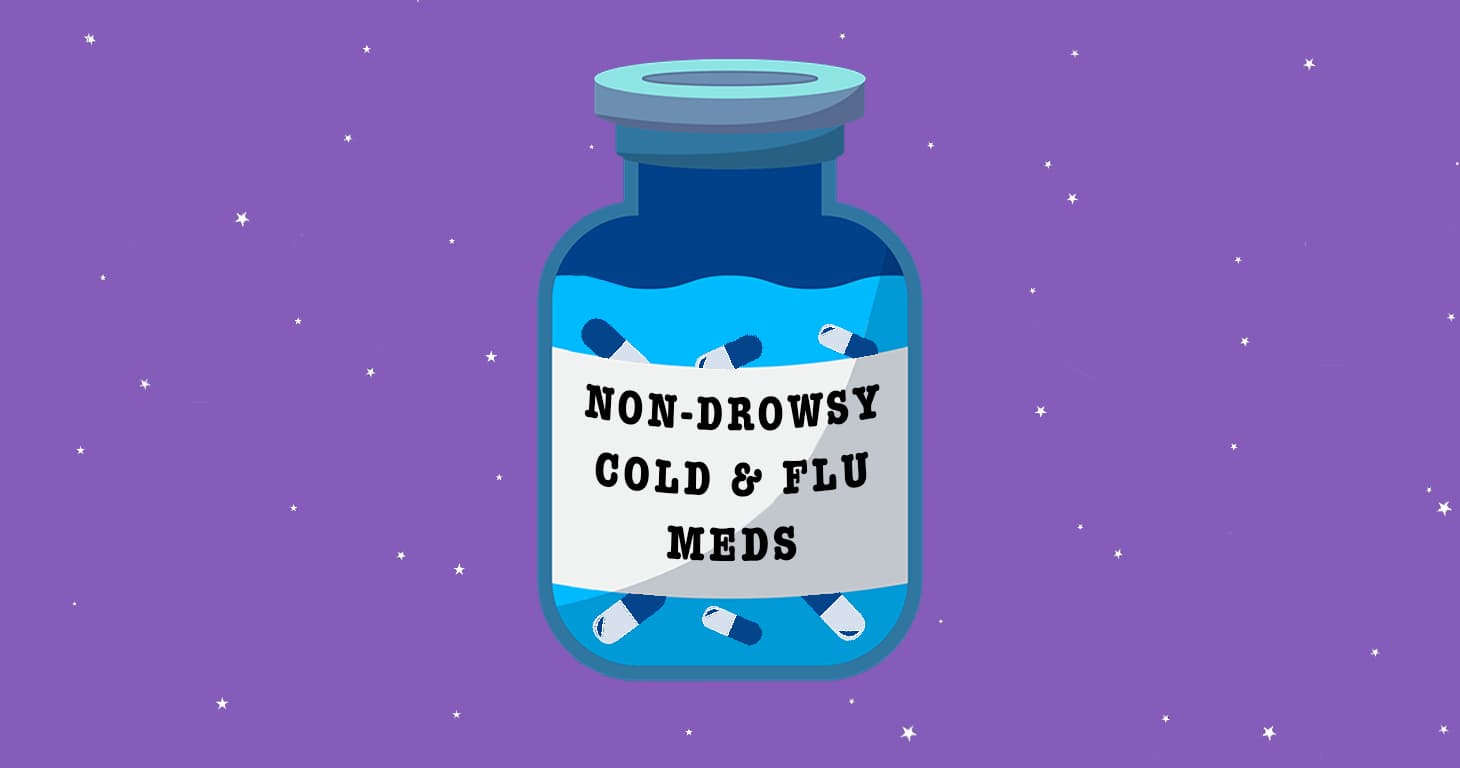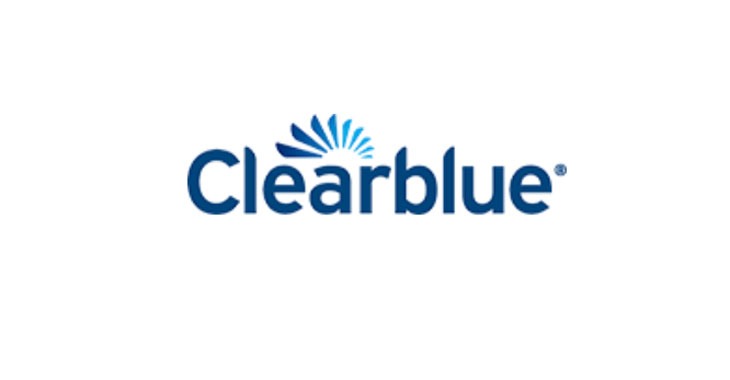
Ovulation Test Kits
Allegations: Falsely advertising the accuracy of ovulation test kits
January 2015: A federal judge granted the parties’ joint motion for dismissal. The reasons for the dismissal have not yet been disclosed.
February 2014: A false advertising class-action lawsuit alleging that Walgreens misleadingly labels its Ear Pain Relief and Ear Ache Drops (a homeopathic medicine) was transferred from state court to federal court. The complaint, which was originally filed in 2013, alleges that the products’ labels represent that the ear drops will relieve ear pain when they actually do not work as advertised and the products’ labels violate FDA regulations. (Demison et al v. Walgreen Co. Inc. and Does 1-20, Case No. 14-cv-0306, S. D. CA.).
For more information about other class-action lawsuits regarding homeopathic medications and TINA.org’s coverage of the topic, click here.
Allegations: Falsely advertising the accuracy of ovulation test kits
Allegations: Falsely marketing that products contain no preservatives when they contain preservative ingredients
Allegations: Marketing products as safe without disclosing that they are contaminated with the carcinogen benzene
Allegations: Failing to disclose products contain the carcinogen benzene
Allegations: Misleadingly representing that products were safe when they contain, or were at risk of containing, the carcinogen benzene
Allegations: Falsely marketing products as recyclable
Allegations: Misleadingly marketing that products are dishwasher safe and heavy duty
Allegations: Falsely marketing that phenylephrine products treat congestion and other cold and flu symptoms
Allegations: Falsely marketing that phenylephrine products treat congestion and other cold and flu symptoms
Allegations: Falsely marketing that medicines treat nasal congestion
Allegations: Falsely marketing the products treat nasal congestion
Allegations: Falsely advertising sunscreens as waterproof
Allegations: Falsely marketing that medicines treat nasal congestion
Allegations: Falsely marketing medicines as decongestants
Allegations: Falsely marketing medicines as nasal decongestants
Allegations: Falsely marketing that medicines relieve sinus pressure and congestion
Allegations: Falsely marketing medicines as treats nasal congestion
Allegations: Falsely marketing medicines as nasal decongestants
Allegations: Falsely marketing that phenylephrine products treat congestion and other cold and flu symptoms
Allegations: Falsely marketing products as decongestants
Allegations: Falsely marketing medicines as decongestants
Allegations: Falsely marketing that products treat symptoms of pink eye
Allegations: Falsely marketing that medicines treat nasal decongestion
Allegations: Falsely marketing that medicines treat nasal congestion
Allegations: Falsely marketing the product as a “treatment” for minor cuts and abrasions without scientific evidence to support such claims
Allegations: Misleadingly marketing products as if they are more suitable for children when they contain the same formulation as the adult version
Allegations: Falsely marketing products as “Non-Drowsy”
Allegations: Marketing products as safe pain relievers for pregnant women without warning consumers that scientific evidence shows prenatal exposure to APAP can cause neurodevelopmental disorders in children
Allegations: Misleadingly marketing pain relieving lidocaine patches
Allegations: Failing to disclose that products may contain a dangerous substance that increases the risk of serious adverse health consequences and death
Allegations: Failing to disclose that products contain a harmful substance and may increase the risk of contracting invasive infections
Allegations: Marketing products as ordinary cigarettes when menthol cigarettes are more dangerous and addictive than other types of cigarettes
Allegations: Misleadingly marketing lidocaine pain relieving patches
Allegations: Misleadingly marketing its infants’ product as specifically formulated for infants and different from its Children’s Pain & Fever Acetaminophen Oral Suspension when both medications contain the same amount and…
Allegations: Misleadingly marketing products as “Maximum Strength” when other products deliver more lidocaine
Allegations: Misleadingly marketing medicines as “non-drowsy” when the active ingredient in them causes drowsiness
Allegations: Falsely marketing products as “fast-release” when they do not work faster than other products marketed as “fast-release”
Allegations: Falsely marketing that the tablets do not contain gelatin when they contain a “notable” amount of gelatin
A class-action lawsuit was filed against Vi-Jon for allegedly falsely marketing that store-brand hand sanitizers – including Equate, Up & Up, Walgreens, and Germ-X – “Kill[] 99.99% of germs” when,…
In August 2020, a class-action lawsuit was filed against Walgreens for allegedly charging consumers more than the advertised price of merchandise. For example, plaintiffs claim that the store charged $1.80…
In August 2020, a class-action lawsuit was filed against Walgreens for allegedly misleadingly marketing Infants’ Dye-Free Pain & Fever Acetaminophen and Children’s Dye-Free Pain & Fever Acetaminophen as different products…
In July 2020, a class-action lawsuit was filed against Vi-Jon, Inc. for allegedly falsely advertising that germ-X and several store-brand hand sanitizers – including CVS Health, equate (Walmart), and Walgreens…
In February 2020, a class-action lawsuit was filed against Walgreens for allegedly misleadingly marketing Nice! Honey Graham Crackers. Specifically, the complaint claims that the retailer misleadingly represents that the main…
In July 2018, a state judge preliminarily approved a settlement of a class-action lawsuit filed against Lang Pharma Nutrition (a company that supplies retailers with CoQ-10 supplements to sell under…
In August 2018, a class-action lawsuit was filed against Walgreen Co. for allegedly falsely marketing Finest Nutrition glucosamine sulfate dietary supplements as containing 1000mg of glucosamine sulfate when, according to…
In December 2017, a class-action lawsuit was filed against several manufacturers of flushable wipes – specifically, Costco, CVS, Kimberly-Clark, Procter & Gamble, Target, Walgreens, and Walmart – for allegedly falsely…
June 2017: A federal judge dismissed the claims in the consolidated action. Some of the claims were dismissed When a complaint is dismissed with prejudice, it cannot be refiled. while…
October 2015: This action was voluntarily dismissed When a complaint is dismissed with prejudice, it cannot be refiled., the reasons for which have not been disclosed. March 2015: A class-action…
May 2015: The named plaintiff withdrew all of his claims against Walgreen Co. and the Court then dismissed the case When a complaint is dismissed with prejudice, it cannot be…
May 2015: All of the claims in this action were dismissed When a complaint is dismissed with prejudice, it cannot be refiled.. May 2014: A federal judge stayed the action…
May 2015: The plaintiff dismissed this action When a complaint is dismissed with prejudice, it cannot be refiled.. July 2014: A federal judge stayed the action in this case pending…
July 2014: After a global settlement was reached, this action was administratively closed with the consent of the parties. For more information about the settlement, click here. August 2013: A…
April 2015: The named plaintiffs voluntarily dismissed this action When a complaint is dismissed without prejudice, an amended version of the complaint can be refiled.. The reasons have not been…
June 2015: Some of the lawsuits were transferred to one court where they will be heard together. (MDL Docket Information: In Re: Herbal Supplements Marketing and Sales Practices Litigation, MDL…
March 2015: A federal judge granted final approval of the revised settlement agreement. January 2015: The parties to the lawsuit renegotiated the settlement agreement and filed an amended agreement in…
An FDA panel’s recent findings has led to a flood of lawsuits.
FDA targets companies selling eye drops illegally marketed to treat conditions like pink eye.
Plaintiffs allege packaging misrepresents lidocaine dosages as ‘maximum strength,’ among other things.
Several products marketed as ‘non-drowsy’ contain an ingredient that causes drowsiness, lawsuits claim.
Lawsuits claim infant-specific products aren’t any different than acetaminophen medications for older children.
